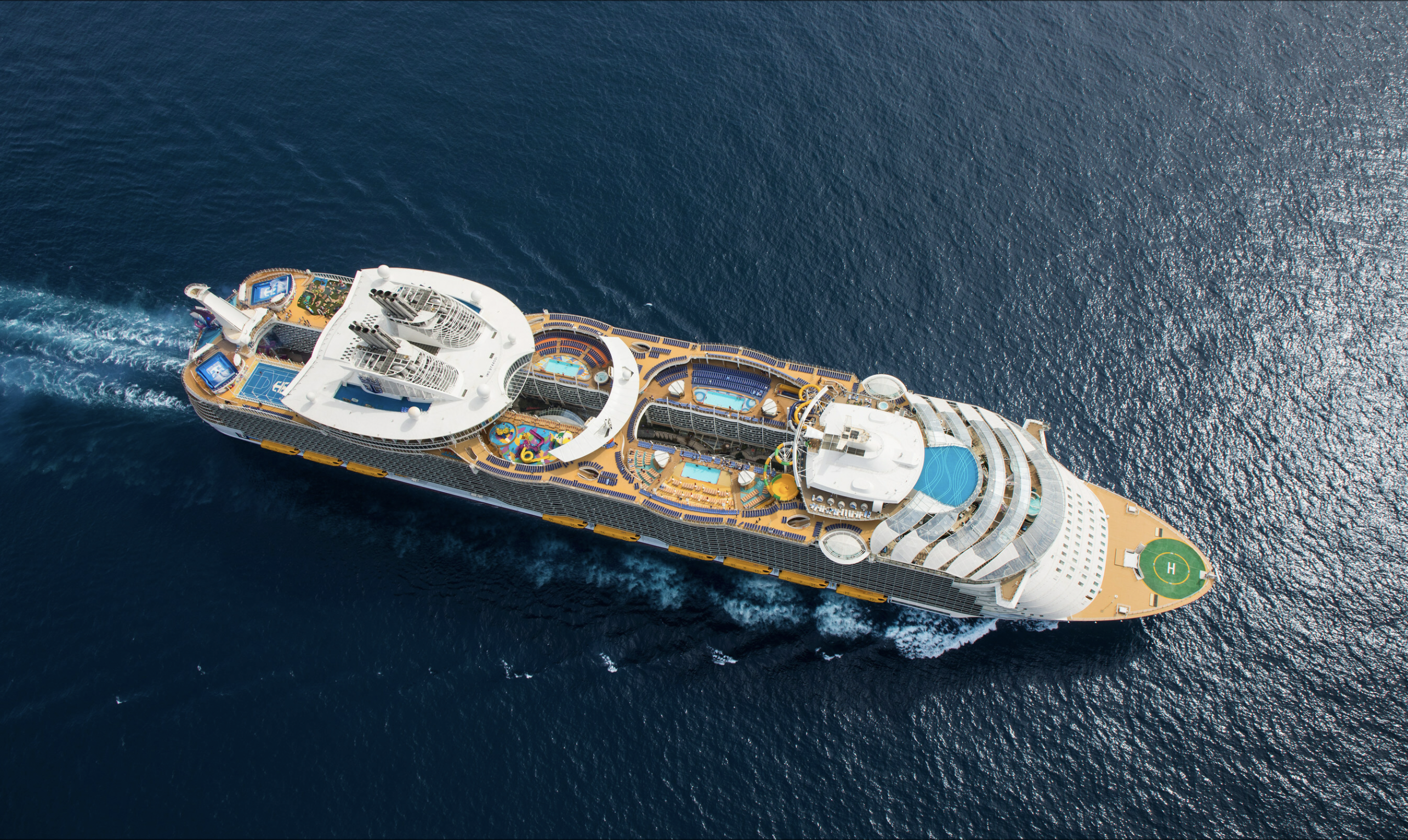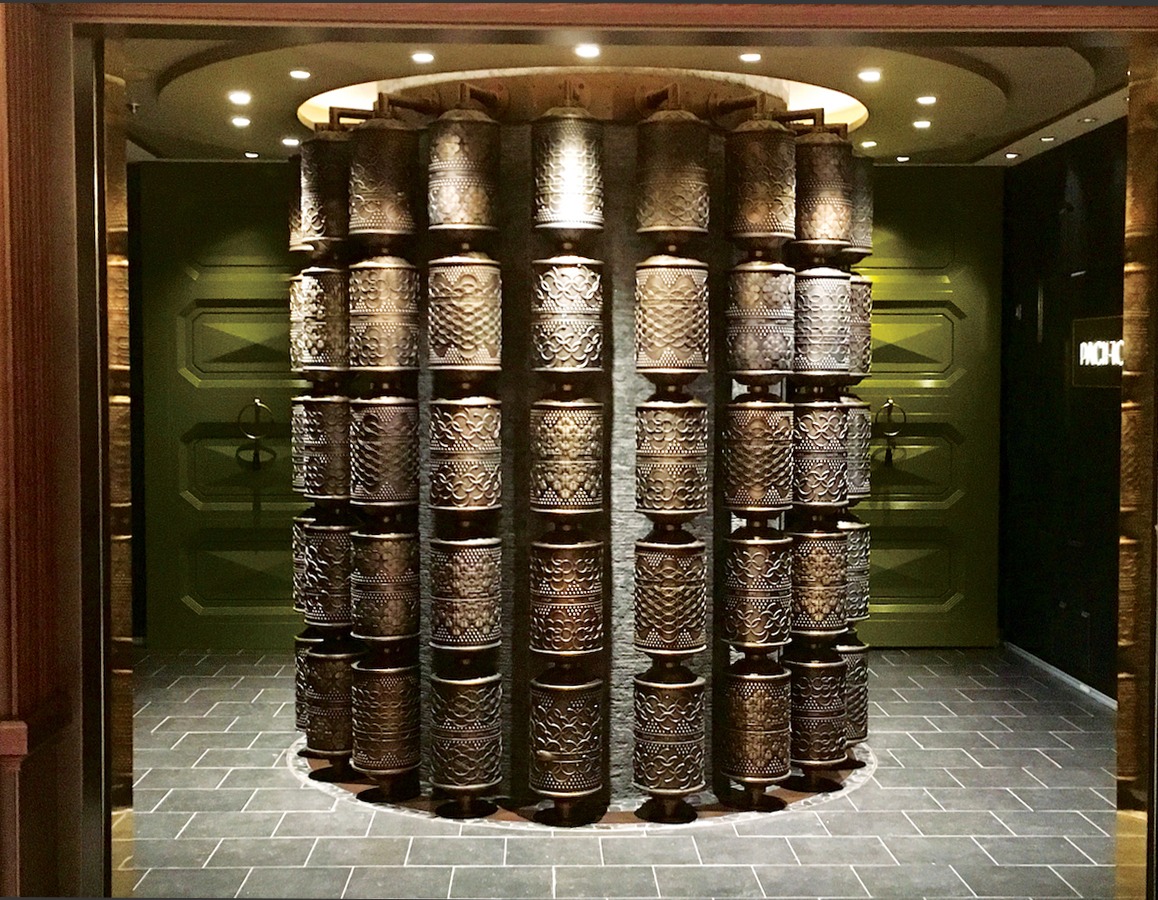
Royal Caribbean’s Symphony of the Seas Tests Biofuel to Reduce Carbon Emissions
Royal Caribbean announced that Symphony of the Seas has become the first ship in the maritime industry to successfully test and use biofuel blends as a fuel source.
The company confirmed that the onboard technical systems of Symphony of the Seas met operational standards without any concerns over quality or safety, and that the biofuel blend reduced emission energy, lowering the carbon footprint left by the ships.
More about Biofuel Testing
Symphony of the Seas testing completes biofuel testing in Europe. Biofuel testing is part of an effort by Royal Caribbean to lower carbon energy emissions and invest in alternative fuel sources as part of their Sea the Future commitment. To learn more about Royal Caribbean’s Sea the Future campaign please click here .
“This is a pivotal moment for Royal Caribbean Group’s alternative fuel journey,” said Jason Liberty, president and CEO, Royal Caribbean Group. “Following our successful trial of biofuels this summer, we are one step closer to bringing our vision for net-zero cruising to life. As we strive to protect and promote the vibrant oceans we sail, we are determined to accelerate innovation and improve how we deliver vacation experiences responsibly.”
Royal Caribbean has invested in sustainable methods for 30 years, but last year began testing biofuels. Two additional ships were added to the initiative this summer: Symphony of the Seas and Celebrity Cruises’ Celebrity Apex.
The biofuels were made using renewable raw materials such as waste oils and fats , combining them with fuel oil to create a cleaner and more sustainable alternative fuel source. These biofuel blend tests are accredited by International Sustainability and Carbon Certification (ISCC), a globally recognized organization that ensures the sustainability of biofuels and verifies reductions of related emissions.
“Royal Caribbean’s success is a clear example of how commitment to innovation makes possible the development of solutions to decarbonise the maritime sector. In this case, it involves the cruise sector and focuses on biofuels, an area in which the Port of Barcelona is already working to become an energy hub, producing and supplying zero carbon fuels, such as green hydrogen and ammonia, and of other almost zero-carbon alternative fuels, such as methanol, biofuels or synthetic fuels. Innovation and collaboration between ports and shipping companies is key to accelerate the decarbonisation of maritime transport,” said the President of the Port of Barcelona, Lluís Salvadó.
With Symphony of the Seas departing from Barcelona, and Celebrity Apex departing from Rotterdam, the successful use of biofuel as an alternative energy source will continue to accelerate Royal Group’s testing of biofuels during European cruises this fall.
For more information about Royal Caribbean’s sustainability initiatives, please click here.
by Kashaf Rashid









